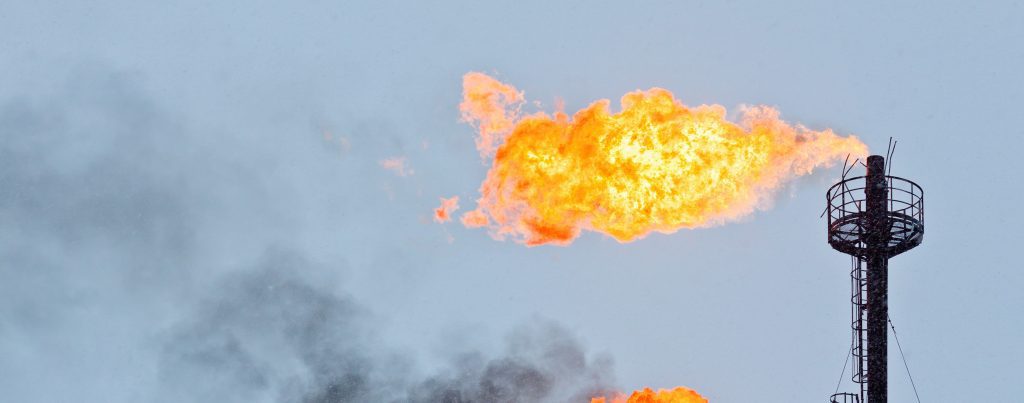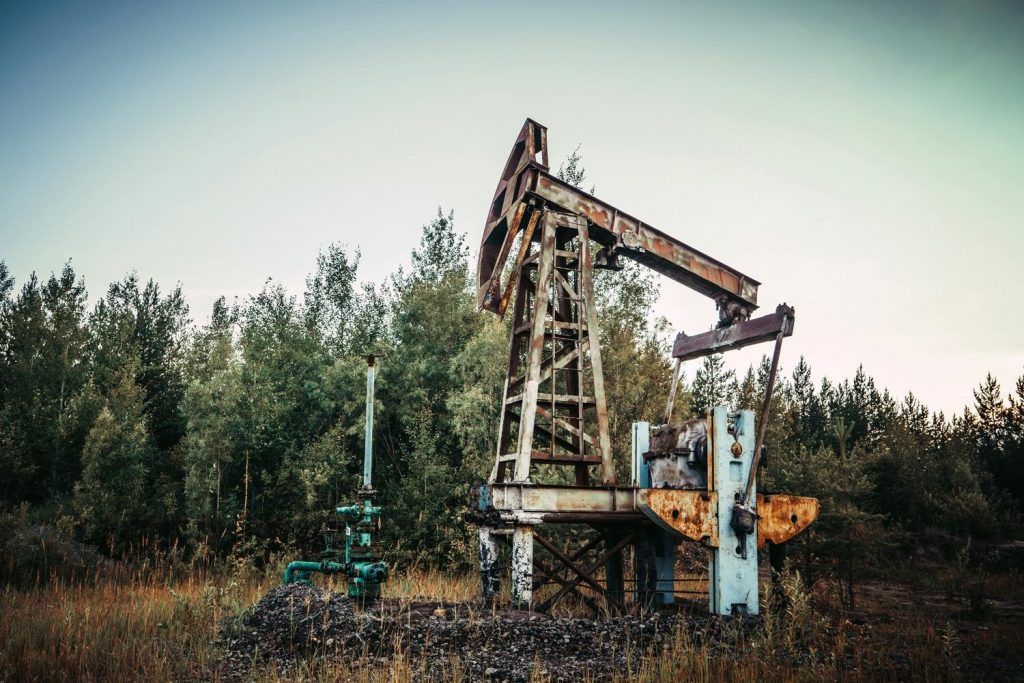The last few weeks of the federal election have seen increased attention being paid to climate change and energy issues. The Greens and NDP have revealed their environmental policies. The debate on the economy two weeks ago included a lively discussion about pipelines and the future direction of energy development in Canada. And this week’s debate on foreign policy had a whole segment dedicated to what Canada should commit to at the United Nations climate summit in Paris this December, happening a mere six weeks after the election.
Given how much interest there is in climate during this election, Environmental Defence and Équiterre are today publishing a primer that lays out the different federal parties’ positions and policies on these issues: climate change, clean energy, the tar sands and pipelines, and public transportation. We sent a questionnaire to the federal parties earlier in September and compiled their answers, supplementing with official party platforms and policy announcements, so that Canadians know what the various parties are proposing.

Every party responded to the questionnaire, except the Conservatives. We know what positions a Conservative government would bring to the Paris climate summit, however, since the government tabled a pledge for Paris with the U.N. months ago. That pledge was deemed inadequate by Climate Tracker, a consortium of four European think tanks, because Canada’s 2030 carbon reduction target was the weakest in the G7 and the target was further watered down by the use of loopholes regarding emissions from Canadian forests. It also contained no commitment to assist poor, developing countries in their efforts to battle the mounting impacts of climate change. Other Conservative commitments on clean energy, energy efficiency, and sustainable transportation are largely unknown, except for a commitment to fund public transit starting in 2017.
The NDP and the Greens have both set ambitious carbon reduction targets for 2025, which commit to greater emissions reductions and a faster time frame (2025, rather than 2030). They have also committed to international climate financing (the Greens would commit $500 million per year while the NDP pledge remains undefined). Both have pledged to develop national energy strategies that would include clean energy and energy efficiency measures and a national transit strategy.
The Green Party is also unequivocally opposed to all pipeline proposals since all these proposed pipelines are intended to export raw bitumen from the country. The NDP (like the Greens) has promised to strengthen the environmental assessment process but (unlike the Greens) it is unclear what that would mean for proposed pipelines like Energy East.
The Liberal Party has also put forward a number of strong measures on clean energy, energy efficiency, public transportation and other green infrastructure. The Liberals have also promised to strengthen the environmental assessment process, most importantly by including an assessment of upstream greenhouse gas emissions and other environmental impacts. However, the Liberal platform does not include a clear position on its approach to the Paris climate summit. No post-2020 target has been set, though the Liberals have said that Canada would do its fair share globally to avoid dangerous levels of climate change. (That should mean setting a carbon reduction target in the neighbourhood of the NDP or Green Party target.) The Liberals also have yet to commit to international climate financing.
So the table is set for the federal election…or is it? Truth is, we would like to see (in some cases) greater clarity and (elsewhere) greater ambition in the party positions on climate change and energy. But the question remains as to which party will represent Canada in Paris and, possibly most importantly, whether domestically the government will move the country forward with bold, decisive leadership on climate change action and clean energy development.








